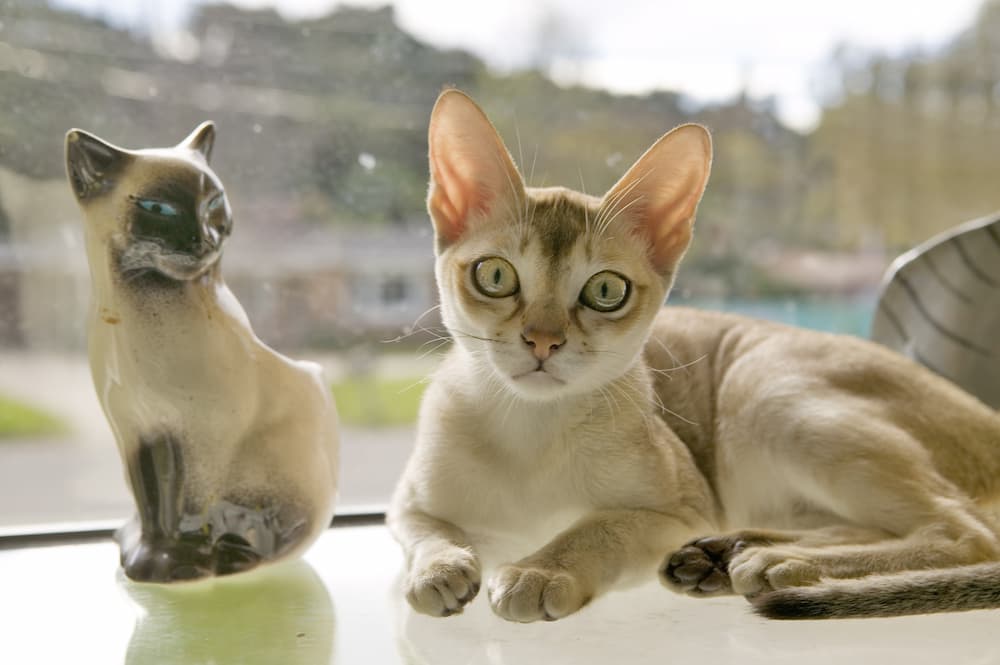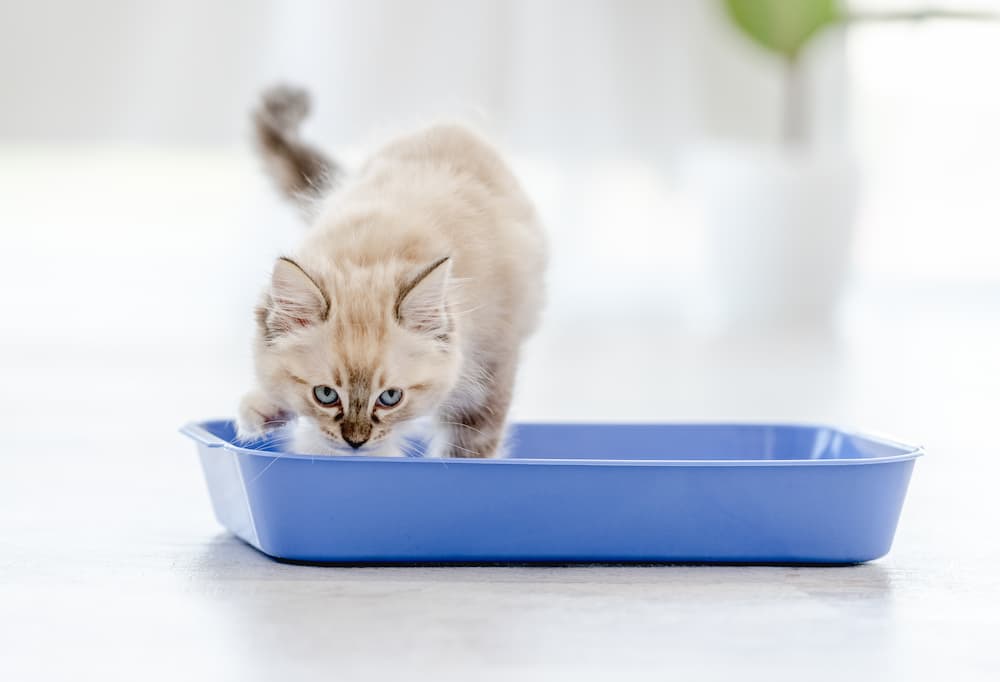How long do cats live? The answer may surprise you – cats can live 15-20 years, or even longer! That’s longer than most people realize. Caring for your cat and ensuring they have a long, happy, and healthy life is important to every cat owner. So, how can you help your cat live a long life?

It’s important to understand the factors that influence a cat’s lifespan. Let’s take a look at some of the things that affect how long cats live.
The life expectancy of a cat is determined by a number of factors, including breed, environment, diet, and lifestyle.
As you can see, there are a number of things that can influence a cat’s lifespan. Some of these factors are within your control, while others are not. However, all of them are important to consider if you want to help your cat live a long and healthy life.
Breed
One of the biggest factors that determines how long cats live is their breed. Some breeds, such as Siamese and Persian cats, tend to have shorter lifespans than other breeds. However, there are also some breeds that are known for their longevity, such as Russian Blue and Maine Coon cats.
A vast majority of pet cats are mixed or unknown breeds. If you’re curious about your unique cat’s breed makeup, getting a DNA cat breed test can help you to better know what to expect in terms of their life expectancy.
Environment
Another big factor that determines how long cats live is their environment. Cats that live in safe, clean, and comfortable homes tend to live longer than those that don’t. Additionally, cats that have access to plenty of fresh air, sunshine, and exercise tend to live longer than those that don’t.
Diet
A cat’s diet is also a big factor in their lifespan. Cats that eat a balanced diet of high-quality food tend to live longer than those that don’t. Additionally, cats that eat a diet that is rich in protein and low in carbohydrates tend to live longer than those that don’t.

Lifestyle
Finally, a cat’s lifestyle is also a big factor in their lifespan. Cats that are active and have plenty of opportunities to exercise tend to live longer than those that don’t. Additionally, cats that live in low-stress environments tend to live longer than those that don’t.
So, how can you help your cat live a long, happy life?
First, it’s important to provide them with regular veterinary care.
This means keeping up with their vaccinations and getting them spayed or neutered if they haven’t already been. Keep an eye out for changes in behavior, eating, and soiling habits. And never ignore these 6 symptoms in your cat.
Second, give your cat a good diet.
This means feeding them high-quality food that is appropriate for their age and activity level and ensuring they maintain a healthy weight.
Choosing what you’ll feed your cat is no easy task. There are millions of types, billions of options, tons of brands, and every cat has a different idea of what they consider to be a tasty meal. Take a look at what constitutes a healthy, balanced diet and how to navigate the many different types of food available for your furriest friend.
Third, provide them with a clean and comfortable home.
This means keeping their litter box clean and providing them with plenty of places to hide and sleep. As you know, every cat is different, with different preferences. Some will enjoy sleeping perched high atop cat trees, tall furniture, or cat shelves. Others will find safety in boxes, under the bed, or out of site. Note your cat’s preference and provide a place especially for them.

Fourth, give your cat plenty of opportunities to exercise.
This means playing with them regularly and providing them with plenty of toys and climbing structures. Different cats have different preferences in play styles, too.
Some cats can be entertained for hours with an assortment of crinkle balls and catnip toys. Others can be kept contented with interactive toys and puzzles. And, the most adventurous felines will love exploring (safely) outdoors at the end of a harness and leash.
Fifth, try to keep their environment as low-stress as possible.
This means avoiding loud noises and sudden changes in their routine. Cats may have a reputation for being aloof and carefree. But, deep down they are actually very sensitive, complex creatures. Slight changes in your routine may be stressing your cat out, and big changes may well send the kitty over the edge!

Finally, show your cat lots of love and attention!
Cats are social creatures and need human interaction to be happy. So take some time each day to pet and play with your feline friend.
By following these tips, you’ll give your cat the very best chance at a long, happy, and healthy life.
The Catington Post is reader-supported. That means, if you make a purchase through links on our site, we may earn an affiliate commission. All images and names which are not the property of The Catington Post are the property of their respective owners.






